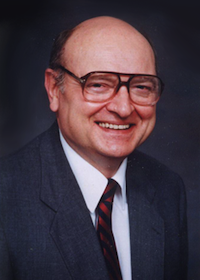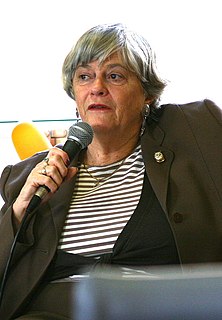A Quote by Sophia Myles
I am spiritual but not massively religious, and I don't go to church. If someone said 'What religion are you?' I would say 'Christian.' But I don't practice.
Related Quotes
Religion is organized, and spirituality is what the individual feels in his relationship with truth and with God. And although spirituality may be expressed in a religion, many people are spiritual and never go to church. They aren't religious in the sense that they practice a certain type of discipline.
If the Christian church is to move responsibly towards the future, it must restore or renew its ties with its past. Contemporary Catholic and Protestant radicals want to claim that Christianity means whatever Christian today happen to believe and practice, be it pantheism, unitarianism, or sodomy. The Christian faith has suffered immeasurable harm because of the tendency of people to use the word Christian in a careless and non-historical way. Nothing in this argument would preclude liberal Protestants and Catholics from developing and practicing any religion they like.
If Jesus remained dead, how can you explain the reality of the Christian church and its phenomenal growth in the first three centuries of the Christian era? Christ's church covered the Western world by the fourth century. A religious movement built on a lie could not have accomplished that....All the power of Rome and of the religious establishment in Jerusalem was geared to stop the Christian faith. All they had to do was to dig up the grave and to present the corpse. They didn't.
I am not a religious man. I have not attended a service for many years. But I do believe in God. My own practice of religion, you could say, it a nonpractice. I personally feel that it's just as worthy on a weekend to rake the lawns of an elderly neighbor or to climb a mountain and marvel at the beauty of this land we live in as it is to sing hosannas or go to Mass. In other words, I think every many finds his own church- and not all of them have four walls - Judge Haig (Page 399)
Let me say that I don't see any conflict between science and religion. I go to church as many other scientists do. I share with most religious people a sense of mystery and wonder at the universe and I want to participate in religious ritual and practices because they're something that all humans can share.
And when we go to church, read our Bibles, have our quiet times, and go to Christian conferences, we too can build some impressive spiritual muscles, but unless we use those spiritual muscles to change our lives, build the church, love our neighbors, and care for the sick and the poor, we...are just posers. Let us not take God's truth for granted.
Today the separation of church and state is America is used to silence the church... The way the concept is used today is totally reversed from the original intent... It is used today as a false political dictum in order to restrict the influence of Christian ideas... To have suggested the state separated from religion and religious influence would have amazed the Founding Fathers.
There is no religion in the world where there is a possibility of spiritual development outside of the context of that religion. This is only a modern invention. For example, Christian mystics were also Christians. They also went to Church and followed Christian laws. Hindu mystics were practicing Hindus; they didn't kill cows and have steak. They follow the Hindu laws and so on and so forth down the line and Sufism is no exception.




































